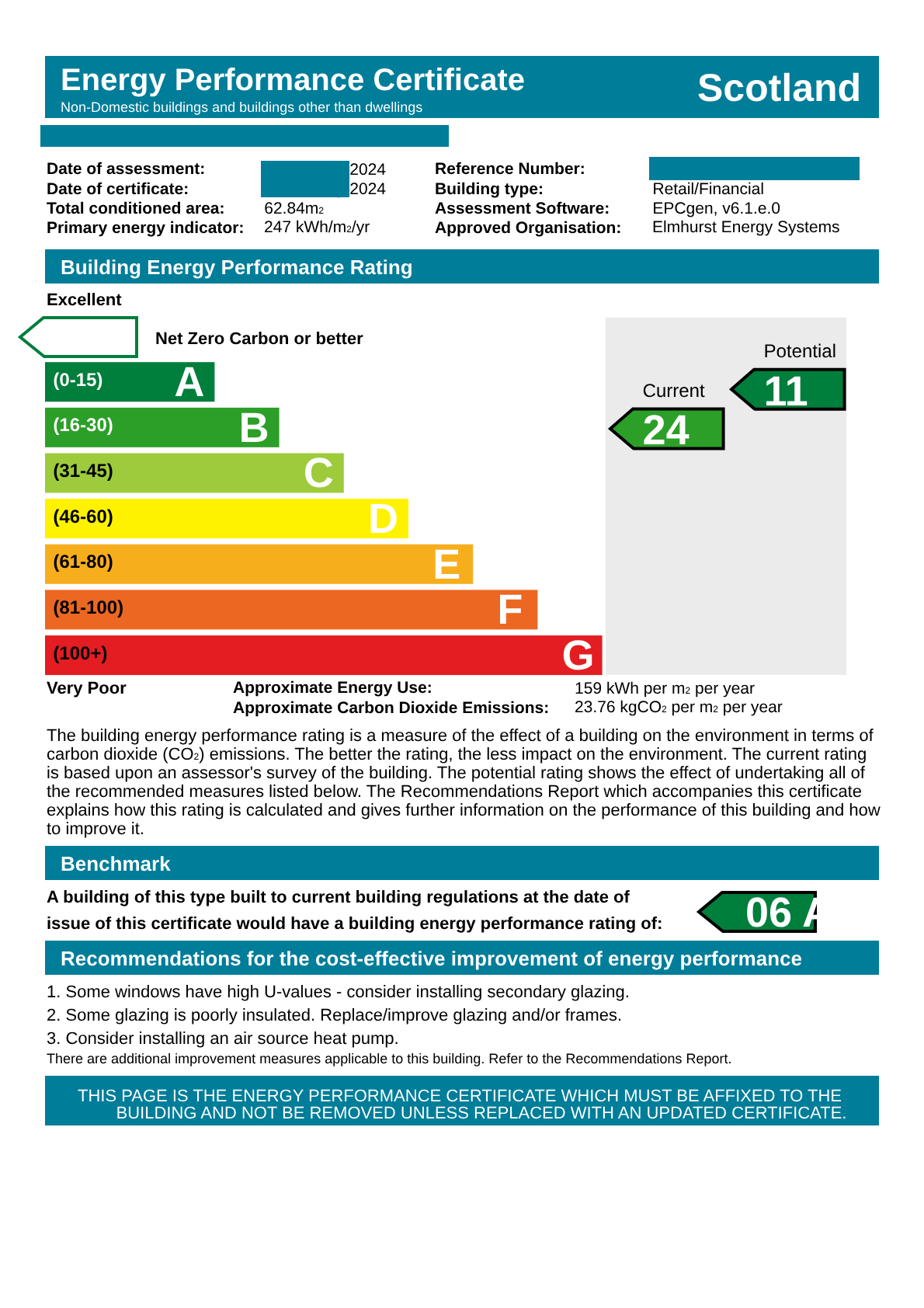Trusted by over 1.6k happy people


In this article we explain the EPC regulations for both domestic and commercial properties in Scotland, along with Section 63s and proposed energy efficiency standard changes.

An EPC is required for both non-domestic and domestic buildings when:
Non-compliance with the above can result in a fine of £500 minimum.
A building may be eligible for an EPC exemption if they meet any of the following criteria:
There is also an exemption for “low energy demand” buildings, like non-domestic agricultural buildings, however there is no clarification of what “low energy demand” specifically means, making this exemption extremely hard to apply
In other parts of the UK there is an exemption for places of worship and listed buildings needing an EPC for sale, however this exemption cannot be applied in Scotland.
While in England, Wales and Northern Ireland the EPC register went under significant changes in September 2020 and moved to a .gov page, Scottish EPCs remain on their own register.

The MEES regulations that apply in England and Wales do not apply in Scotland, there are however other standards for certain properties.
An in-depth comparison of MEES and Section 63 can be found in our MEES vs Section 63 article.
In 2014, the "Energy Efficiency Standard for Social Housing (EESSH)" was first introduced with the aim to improve the energy efficiency of social housing in Scotland and has since ensured that the social rented sector to be some of the most energy efficient homes.
Following this in 2019, it was recorded that 56% of social housing achieves an EPC rating of C or above, according to the Scottish House Condition Survey 2019.

While MEES is not relevant for Scottish non-domestic buildings, in accordance with Section 63 Regulations, Energy Action Plans have been required since 2016 for buildings over 1000m2 instead. However, if the building has already been improved with a Green Deal plan or already meets the standards of 2002 Scottish Building Regulations, the are not required to have Energy Action Plans.
An Energy Action Plan must be lodged to the Scottish EPC register, and identifies how to improve energy efficiency and reduce carbon emissions. The building owner has the choice to either:
The Scottish Government is currently going through a consultation about plans for the non-domestic sector, but as of yet nothing has been disclosed.

